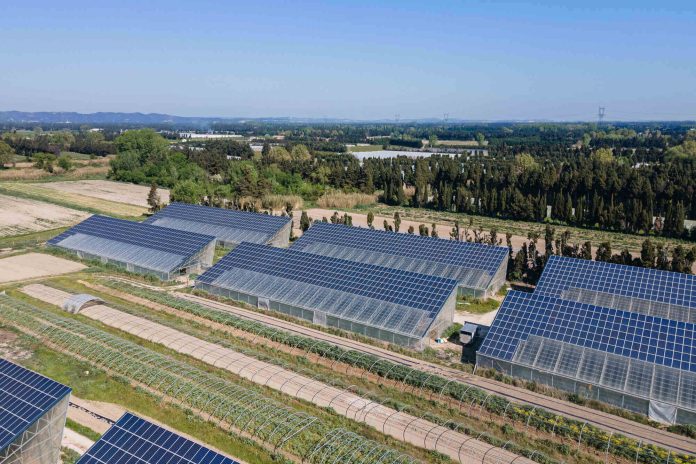On September 6th, RESC at the Croatian State Archive in Zagreb introduced the Study on the Potential of Using Solar Energy in the Agricultural Sector and Freshwater Aquaculture Sector in Croatia. Recognizing the importance of this topic, the European Bank for Reconstruction and Development also financed this RESC study as a continuation of their longstanding successful cooperation. This is the fourth RESC study financed by the EBRD, proving to be an invaluable tool. Almost daily since the publication of the study, RESC has been receiving requests from both farmers and investors for a more detailed explanation of the process for starting agro-solar power plants.
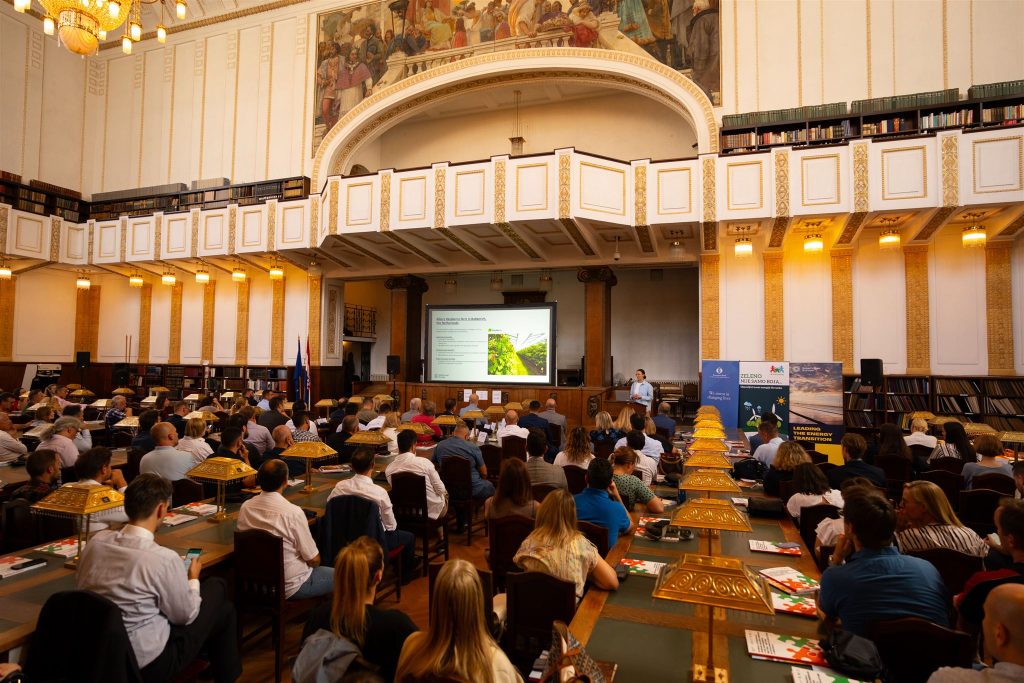
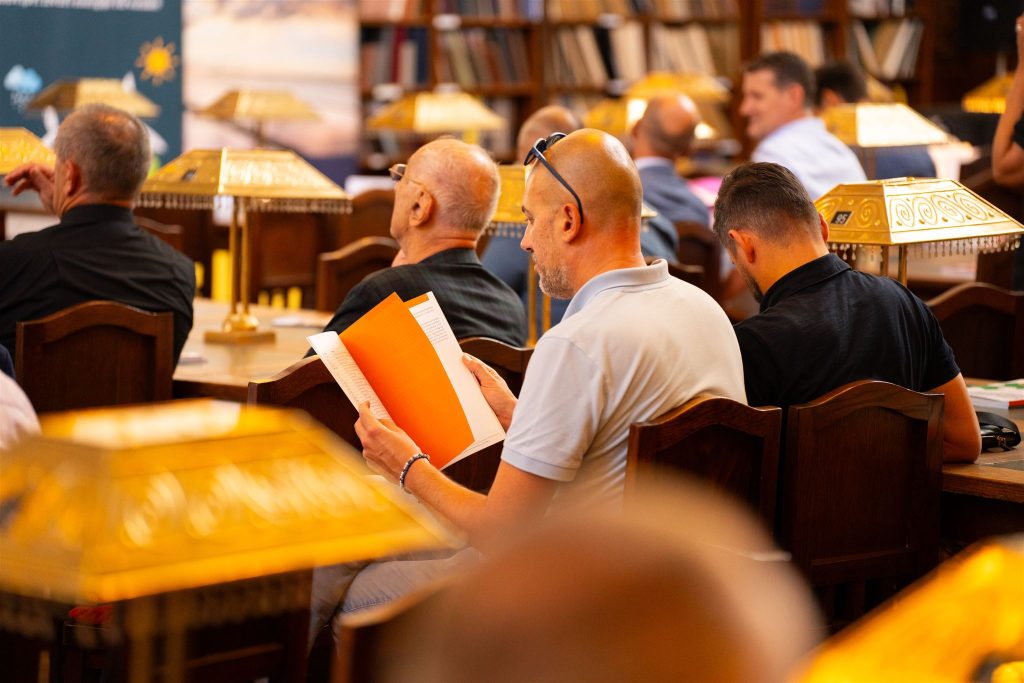
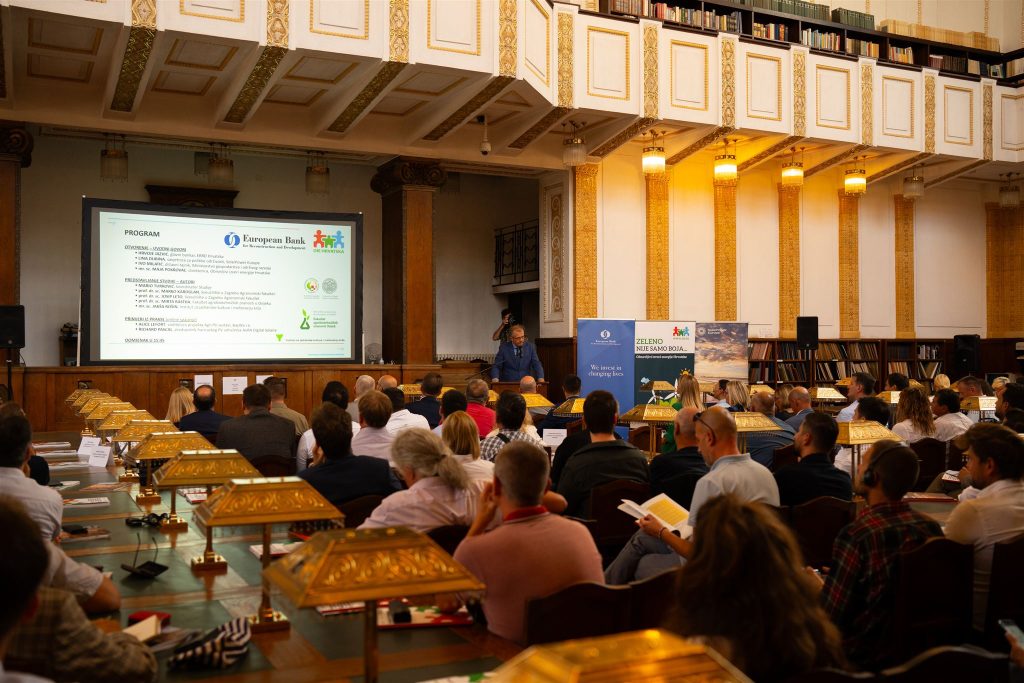
“The interest is truly great, which did not surprise us. Due to the significant interest and numerous inquiries in recent years, RESC decided to undertake the creation of a study that would answer all the most important questions regarding the development of agro-solar power plants. Farmers are aware that a significant shift is required in the fight against climate change, which most severely affects food production. Following the publication of the study, we are witnessing more specific inquiries such as questions about permits, the size and profitability of agro-solar power plants, finding investors, protecting agricultural production, and even about starting new activities that would include the development of an agro-solar power plant. This is a great success, but also because of all these questions we receive, we see the need to organize new workshops. And these, along with lectures and roundtables, we plan to organize soon,” says Maja Pokrovac, director of RESC.
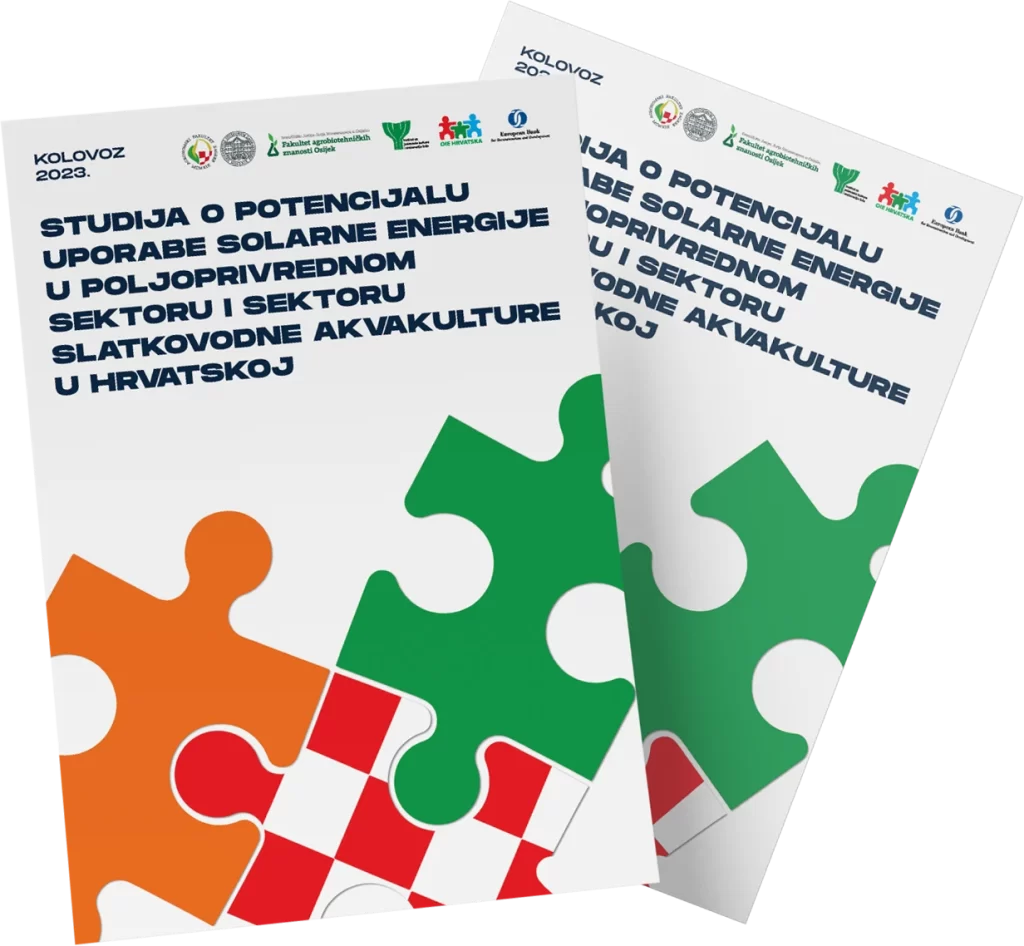
Just two days after presenting the study, RESC in collaboration with Gospodarski list, held a lecture on agro-solar power plants at the 30th Autumn Fair in Gudovac. Mislav Kontek, Head of Technology Development at EnergoVizija, explained how an agro-solar power plant, besides protecting crops from adverse weather, can also provide farmers with an additional source of income through the production and sale of electricity. Part of the electricity produced can be used in their own food production and processing, and the rest can be sold, which is especially important in periods when agricultural products do not achieve market competitiveness, i.e., when they are not profitable.
This diversification of agricultural production, which can ensure economic stability of operations while allowing uninterrupted agricultural production, attracted farmers to the lecture.
“Farmers who keep up with the times and are aware of all the challenges they face are very interested in new technologies and solutions, such as agro-solar power plants that allow dual use of agricultural land. What interests them most is financing projects, but also the possibility of additional earnings that an agro-solar power plant can provide. Croatian legislation has enabled the development of agro-solar power plants to ensure the security of food and energy production. Farmers who attend our lectures are aware of this and judging by the interest shown, I am confident that we will soon develop the first projects. That’s why such lectures and dialogue with our farmers are extremely important,” explains Mislav Kontek.
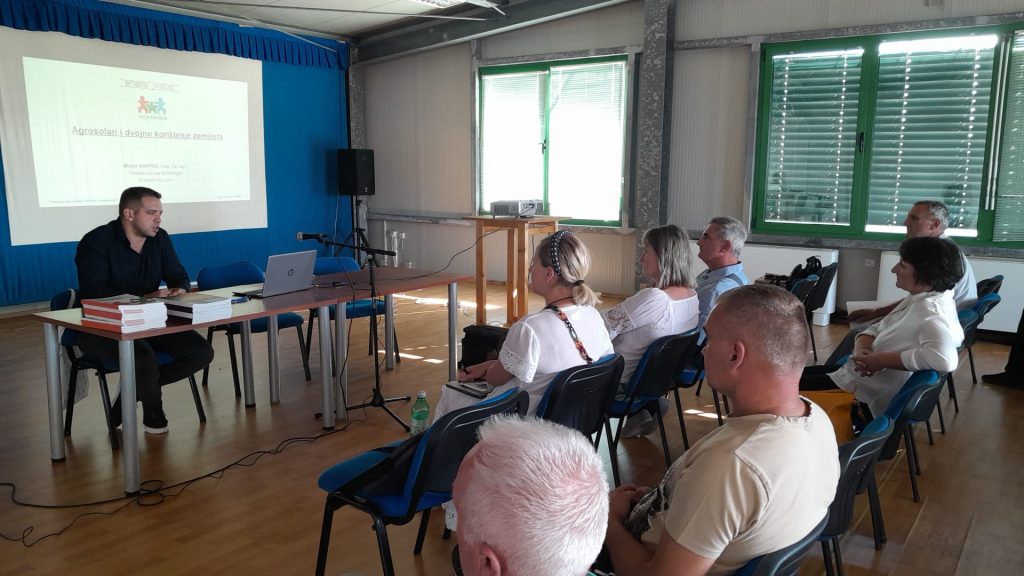
As part of the workshop, Alice Lefort, Project Manager of the Agri PV systems at BayWa r.e., held an online lecture about the pilot projects developed by the company in Europe. While Croatia has not yet had a single pilot project, it was extremely important for the gathered farmers at the lecture in Gudovac to hear about the experiences of their colleagues from abroad.
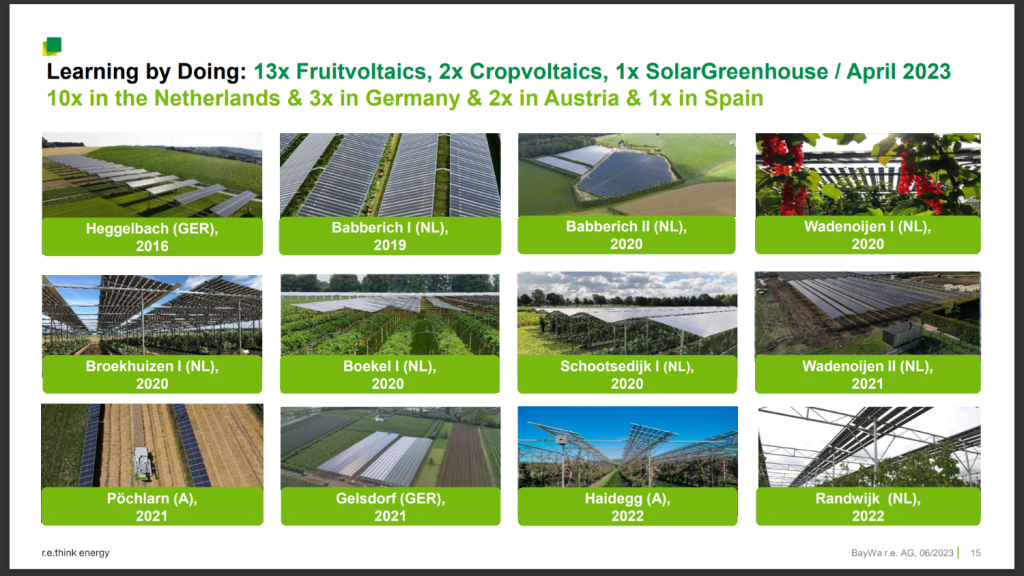
“Participants of the lecture could hear that each agro-solar power plant is different, every pilot project is unique and depends on many elements. Every investor who develops an agro-solar power plant is keen on signing a long-term contract with a farmer that will satisfy both parties. Among other things, they jointly decide on the type of solar panels in the agro-solar power plant, and pilot projects were presented with modules that created partial shade in some orchards, and complete in others. Some were installed to better protect from hail, and some for collecting rainwater and preventing water evaporation. Every project is unique and created according to the needs of the agricultural culture, property, climatic, and energy conditions. All of these were important pieces of information for the audience, who learned what elements in the presented foreign projects were important in making decisions about the development of agro-solar power plants
Therefore, RESC has also initiated cooperation with other associations from Europe in order to draw the best solutions from their experiences, which we have yet to implement in Croatia. It is necessary to further develop regulations and subordinate legislation that would define the rules important for the development of these power plants, as well as control systems to which they would be subject. Workshops, roundtables, and new meetings with farmers are very important and necessary.


